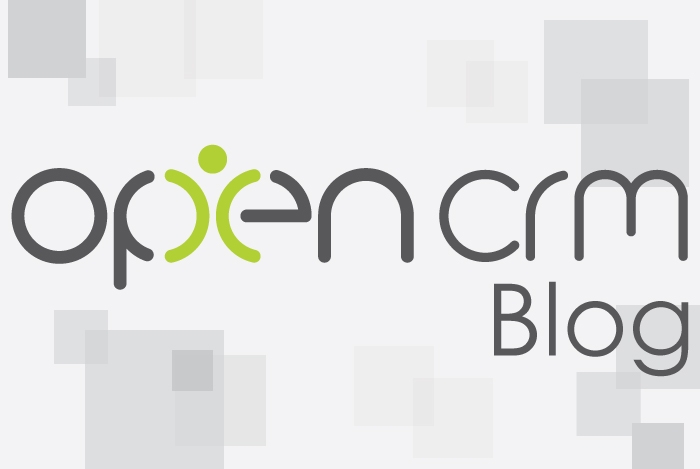What’s your template for Success?
31 May 2012
A template can mean many things to many people. Franchisees recognise the importance of templates – that is ostensibly what they buy; the template to a proven, successful business. Entrepreneurs recognize the processes that work for them and they rely on those processes time and time again.
A lot of successful enterprises rely on templates daily as a cost saving measure. The majority of your itemised bills – utilities, communications etc. all begin life as a template waiting for someone to merge in your usage data. Almost anything you want to create in your digital world will already have thousands of templates to choose from – websites, emails, documents, apps – there’s a template for that!
Carbon copying the procedures, the approaches and the methods tlhat resulted in a positive outcome previously is the only way to prepare for a response that you can reasonably and demonstrably predict. Having the foresight of what your customers or prospects did with that same piece of information the last time you used it puts you in a great position to be able to at least make an educated guess as to what will happen when another client receives the same treatment.
Having templates in place is more than simply good branding, and shouldn’t begin and end with your company letterhead. Email and letter content for every possible common interaction should already be standardised – if you’re still spending time to respond individually with information regularly requested, this advice may just save you and your business several man hours every week.
The freedom to template doesn’t stop at your communications. You most likely already handle the processes of a customers’ lifecycle in pre-defined stages, and if you don’t – pay attention. You will want to follow up each sales order with a call back within a given timeframe, which everyone knows is both courteous and good practice, but how many of us place that call in the diary immediately after (or before) generating the Sales Order? It’s an easy yet potentially costly step to forget – the customer doesn’t sign immediately – waits for you to chase – grows cold and never returns the order through lack of nurturing and – ouch – if only you’d done the same as you did for the last successful sale… right? That’s the power and value of having your business processes pre-defined using templates not only for documents but for procedures too.
You might follow up every customer service query by sending an email to receive feedback on how the call was handled, then setting a follow up call to discuss their feedback. Automating ensures your customer contact runs like clockwork, which reflects positively through both your productivity and the customers’ expectations of their relationship with you.
While all of your processes are unique to your business and no software can predict how best to satisfy your customers, but with a little of your best practice industry specific knowledge and a small amount of customisation, a good CRM system can automate these ‘touch points’, delivering your frequent responses and creating follow up activities based on a given outcome.
By standardising what you do regularly using templates and plans, you can all but eliminate the potential of errors while saving heaps of time ensuring your workforce aren’t bogged down with paperwork. OpenCRM offers a multitude of template options affording you the consistency and predictability of thought out, measured responses, every time. From stunning PDF’s to beautiful emails and Action Plans to automate the flow of information – speak with us to find out more!
Before I got my start in the tech industry as part of Apple’s UK Mac launch team, I was a professional drummer (notice I didn’t say musician). But once I got in, I was hooked and I’ve been involved in the tech industry, primarily software development, for over 35 years. I founded this company and I now have the enviable title of System Architect (as well as Managing Director) here at OpenCRM.